Agroecology and its near terminological cousins are in the ether – and many organisations are asking for your feedback, or telling you about great examples from all over the world.

As well as agroecology, there is ecological intensification, regenerative agriculture, and other more dubious terms such as Climate Smart Agriculture. But even in the former terms, the focus can be on people, practices, or both. There is much to be said for an approach to agroecology that integrates both people and practices into the model – a communities of practice approach as we’ve promoted in our recent project. This integrates the many myriad aspects and participants from the whole food system – farmers, chefs, activists, scientists and more – all contributing.
You could call it a WholeFood System approach.
Here’s a round up of some of what’s out there right now.
The International Panel of Experts on Sustainable Food Systems – IPES – “is seeking inputs from a wide range of food systems actors to help inform two of its upcoming reports:
1) a review of the challenges and opportunities for diversifying agriculture and food systems;
2) a set of case studies on transitions to agroecology.
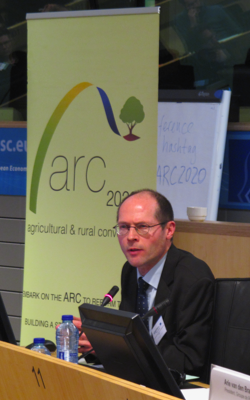
IPES is a transdisciplinary initiative to support, inform and advise the policy debate on how to reform food systems across the world. The panel is co-chaired by Olivier De Schutter (former UN Special Rapporteur on the right to food) and Olivia Yambi (nutritionist and former UNICEF representative to Kenya) It brings together different disciplines and different types of knowledge, comprising environmental scientists, development economists, nutritionists, agronomists and sociologists, as well as experienced practitioners from civil society and social movements.
Recently, it adopted a set of 10 principles to guide the transition to sustainable food systems, following on from their May 2015 publication and first report The New Science of Sustainable Food Systems: Overcoming Barriers to Food Systems Reform.
“We must think in terms of food systems as a whole, paying attention to the dynamics and power relations underpinning them, and seeking systemic levers of change” as we reported Olivier De Schutter as saying earlier this year.
The IPES e-consultation takes the form of a short questionnaire, in which respondents are asked to give their insights on the key challenges in shifting towards diversified and agroecological food and farming systems.
Meanwhile Project LIBERATION , an initiative of Food Tank and the UN Food and Agriculture Organisation takes ecological intensification as its starting point. This initiative “aims to provide the evidence base for ecological intensification and demonstrate the concept in representative agricultural landscape types (managed extensively vs. intensively; with different levels of semi-natural habitats) in seven countries across Europe…Using a modelling approach, the aim of research carried out under LIBERATION is to determine relationships between biodiversity, the delivery of multiple ecosystem services and crop yield.”

They too are looking to gather opinions: “Comments will be included in a final report summary that will be shared with project partners…the expected impact is to inform the general public and impact relevant policy processes at various levels” in particular the EU.
The initiative considers ecosystem services to be “the benefits people obtain from ecosystems” and include “provisioning services such as food, water, timber, and fibre; regulating services that affect climate, floods, disease, wastes, and water quality; cultural services that provide recreational, aesthetic, and spiritual benefits; and supporting services such as soil formation, photosynthesis, and nutrient cycling.”
Their three focus areas are:
- In your experience, how can the efficiency and cost-effectiveness of field and landscape interventions be maximized?
- How can policy measures – at all levels – be designed in order to capture links between field and landscape management and the promotion of ecosystem services? Based on your experience, do you have any example of such policies?
- From your knowledge and experience, how aware are European farmers of the relevance of ecosystem services for agricultural production? Do you have any examples of and/or suggestions for best practices for outreach activities to raise awareness on ecosystem services and ecological intensification?
Watch out too for the new agicology initiative in the UK – which aims to help farmers more readily adopt agroecological practices.
You are currently viewing a placeholder content from Default. To access the actual content, click the button below. Please note that doing so will share data with third-party providers.
and see also the Oakland Institute’s 33 case studies from Africa, which again focuses on the practices of agroecology. In the US, the Savanna Institute offer a fascinating initiative for farmers to get involved in, using what they can restoration agriculture -a variant of agroforestry:
“Savanna-based Restoration Agriculture mimics the structure and function of the Midwestern oak savanna to produce a marketable agricultural yield while simultaneously restoring ecosystem services. As opposed to annual crops, such as corn and soy, this system relies on woody perennial crops thereby reducing the need for yearly tilling, planting and costly maintenance. Typical species in this system include a variety of nut trees, a variety of fruits and berries, and grazing animals. No two operations are alike with this model, as each system is designed according to the individual specifications of the farm and farmer.”
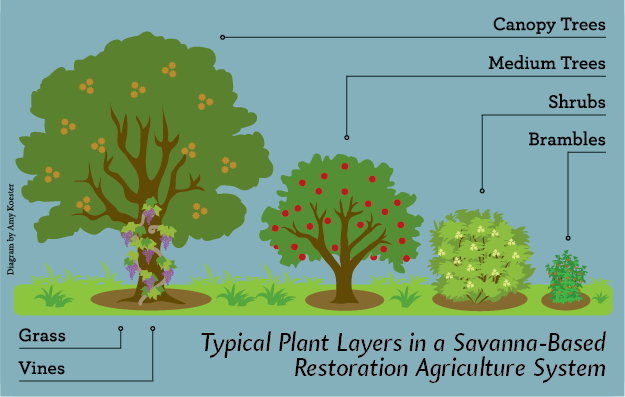
Finally, the Agricultures Network remind us of the importance of co-creating knowledges. As they point out “Knowledge co-creation between farmers, scientists and others is key in agroecology. This type of knowledge co-creation, based on practical experience in agriculture and the latest scientific insights, is fundamentally different from mainstream ‘lab to land’ agricultural science.”
And this latter idea of knowledge co-creation chimes very well with our own communities of practice approach to agroecology. While all aspects of agroecology make sense, the transition needs not only to be about practices – people need to be involved too. And not just the producers, or others in a peripheral sense. But in a real, equal and balanced way: farmer to farmer, citizen-consumer to producer, activist, chef, the whole range of agri-food actors need to both have their say and to connect up into a coherent whole.
That’s a WholeFood System.



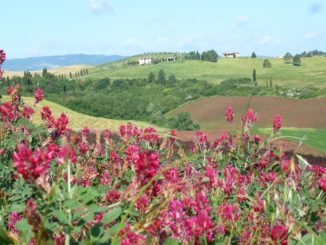
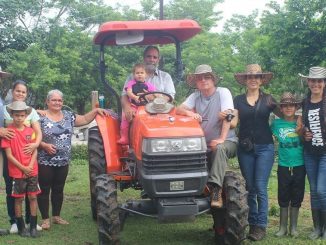
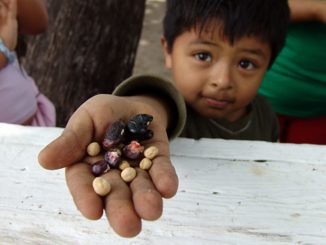
Agroecology /agricology should harmoniously bring together all those involved such as agriculturists, chef, scientists, human rights etc.